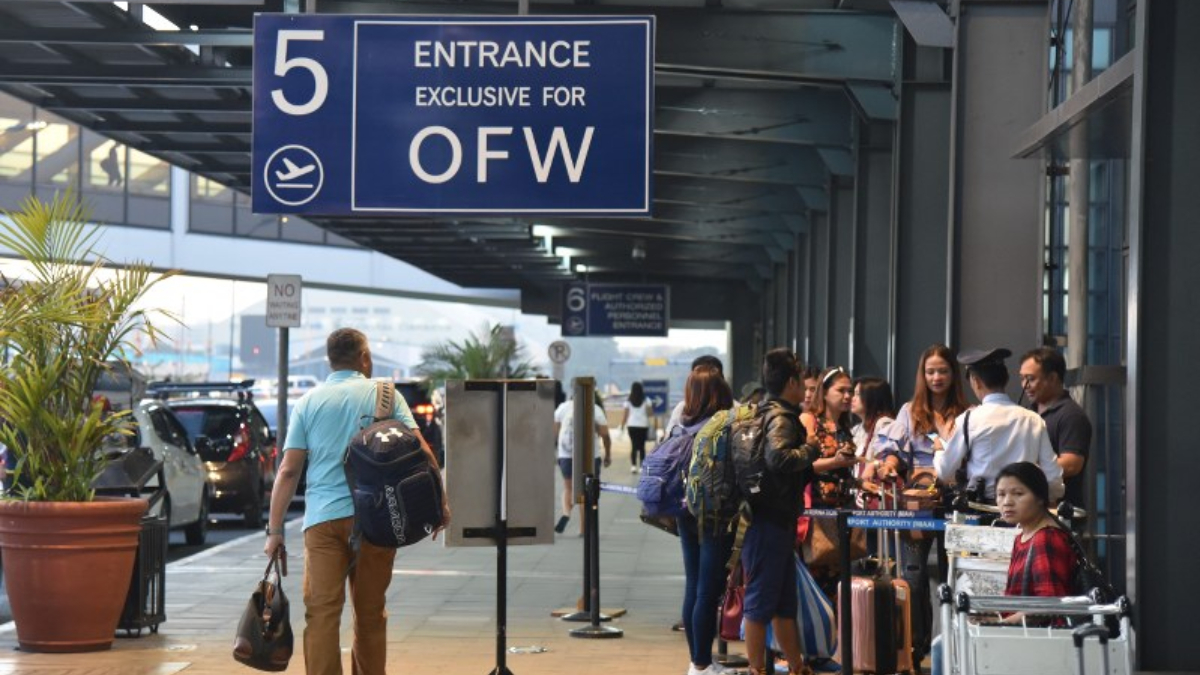The Supreme Court has ruled that land-based Overseas Filipino Workers (OFWs) cannot be forced to pay Social Security System (SSS) contributions as a condition for obtaining their Overseas Employment Certificate (OEC), calling the requirement unconstitutional.
In a landmark decision penned by Associate Justice Maria Filomena Singh, the high court invalidated a provision in the implementing rules of Republic Act 11199, or the Social Security Act of 2018, that made SSS payment a prerequisite for the OEC—an essential document for OFW deployment. The Court emphasized that while SSS coverage remains mandatory for all OFWs, the advance payment requirement oversteps legal boundaries.
“To truly honor the sacrifices of our OFWs, often hailed as modern-day heroes, it is crucial to refrain from oppressive policies that unfairly burden them,” the Court said.
The ruling pointed out that the government must find less burdensome ways to implement social security protections. This includes securing bilateral agreements with host countries so foreign employers can shoulder their share of contributions, as is already the case for sea-based OFWs through manning agencies.
“[Mandatory social security coverage] is especially beneficial to OFWs, who leave their families behind to work abroad. Aside from enduring separation from their loved ones, OFWs often face harsh working conditions, including long hours, excessive workloads and inadequate safety measures. Through coverage in the SSS, OFWs and their beneficiaries are safeguarded…”
The decision was in response to a petition filed by Migrante International and other OFW advocates, who argued that the rule was unfair to land-based OFWs, most of whom have not yet earned income at the time of deployment. The Court agreed, noting that tying OEC issuance to SSS payment restricts OFWs’ right to travel and creates an undue financial burden.
Senior Associate Justice Marvic Leonen, in his separate opinion, warned against using OECs as a collection tool, saying, “the current collection of SSS contributions through the issuance of OECs under the IRR unfairly shifts the financial burden onto land-based OFWs to compensate for the lack of labor and security agreements.”
However, not all justices agreed. Associate Justice Amy Lazaro-Javier dissented, defending the payment requirement as “a valid and efficient way” to ensure OFWs are protected by SSS even in the absence of international agreements. She acknowledged the burden but insisted it served a critical purpose.
With this decision, the Supreme Court ordered the Social Security System, Department of Labor and Employment, and the Philippine Overseas Employment Administration to stop implementing the advance payment rule. Social security coverage remains vital, but the path to enforcing it must, according to the Court, respect workers’ rights.






